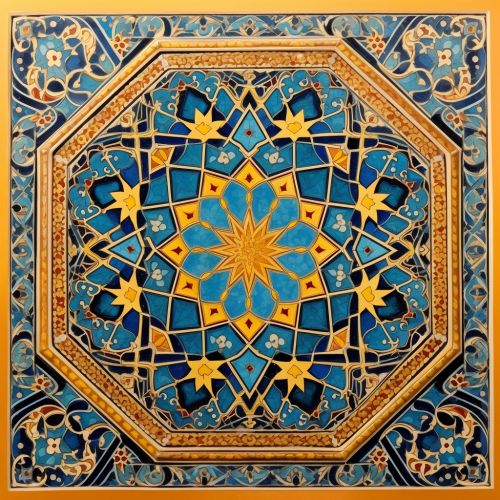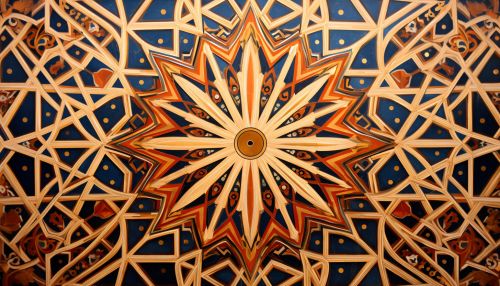Islam
Origins and Historical Development
Islam is an Abrahamic monotheistic religion that originated in the 7th century CE in Mecca, a city in present-day Saudi Arabia. The religion was founded by the Prophet Muhammad, who is believed by Muslims to be the last prophet sent by God, referred to in Arabic as Allah.
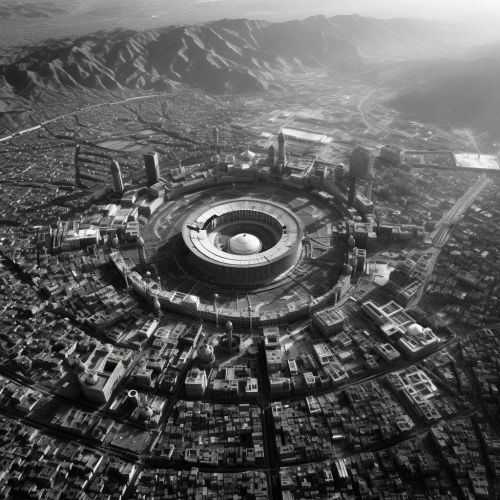
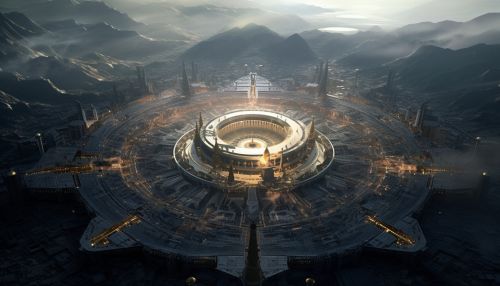
The teachings of Islam are primarily based on the Quran, the holy book of Islam, which Muslims believe to be the direct word of God as revealed to Muhammad. The religion also draws on the Hadith, which are collections of sayings, actions, and approvals of Muhammad.
Beliefs and Practices
Islam's core beliefs are encapsulated in the Five Pillars of Islam, which are the basic acts of worship required of all practicing Muslims. These pillars include the Shahada (faith), Salat (prayer), Zakat (charity), Sawm (fasting during the month of Ramadan), and Hajj (pilgrimage to Mecca).
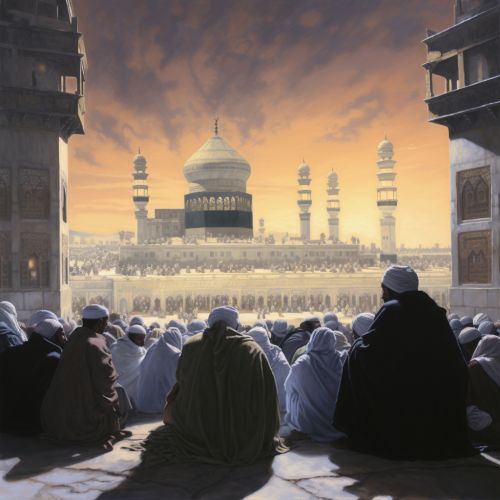
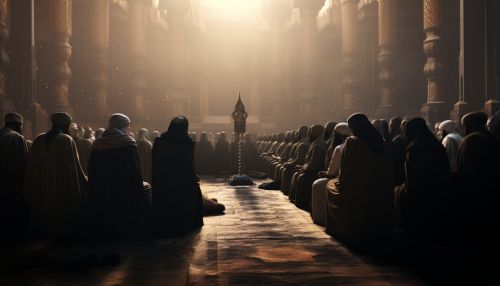
Muslims believe in the concept of Tawhid, which is the belief in the oneness of God. They also believe in angels, divine predestination, and life after death. The religion promotes a comprehensive way of life and code of conduct, which is derived from the Quran and the Hadith.
Sects and Denominations
Islam is divided into several sects and denominations, the two largest being Sunni and Shia Islam. Sunni Muslims form the majority, with Shia Muslims making up the second largest group. Other sects include the Sufis, who emphasize mysticism and spiritual experience, and the Ahmadiyya, who believe in a prophet after Muhammad.


Islam and Society
Islam has a significant influence on many aspects of society, including law, politics, economics, and culture. Islamic law, or Sharia, is a system of religious law that governs various aspects of life, including criminal justice, marriage, and inheritance. In many Muslim-majority countries, Sharia is incorporated into the legal system to varying degrees.
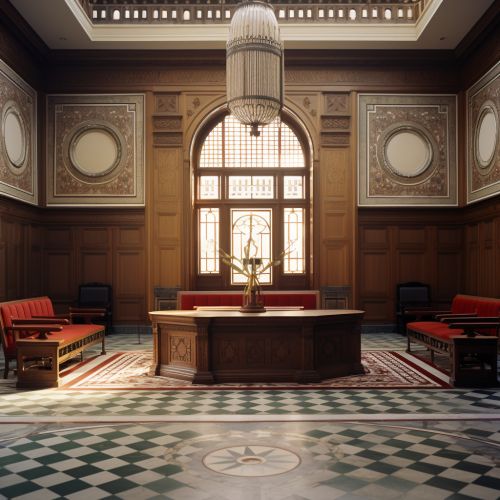

In the realm of politics, Islam has played a role in the formation of various political systems and movements, including Islamic republics and Islamist movements. Economically, Islam promotes principles of economic justice and prohibits certain forms of economic activity, such as usury.
Culturally, Islam has influenced various forms of art, architecture, literature, and music. Islamic art is known for its geometric patterns and calligraphy, while Islamic architecture is characterized by features such as domes, minarets, and courtyards.
